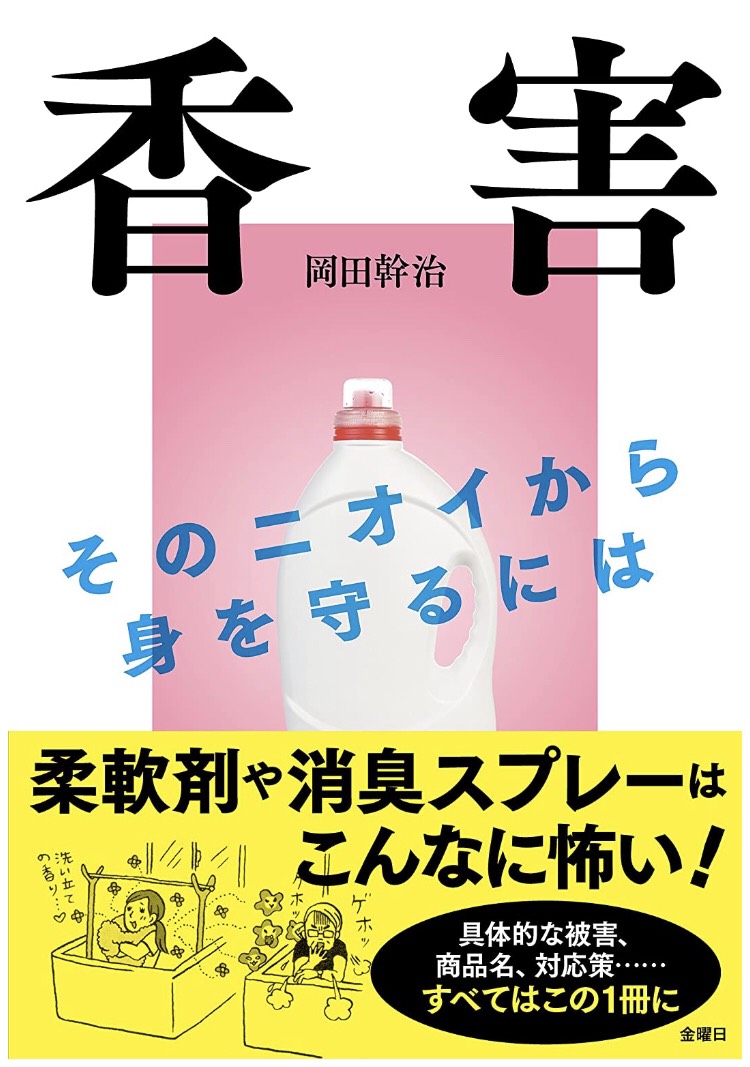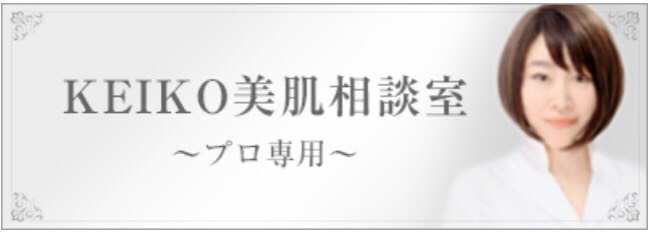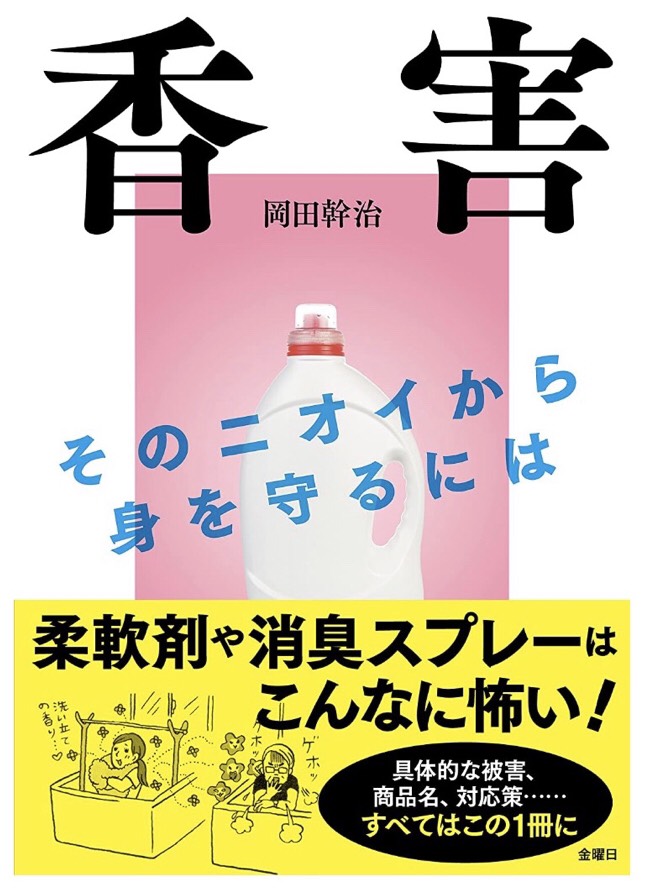何度かコラムに書きましたが、、
私たちの周りは人工香料であふれています!!
11月1日の記事から
↓
「私には毒ガスのよう」
化学物質過敏症の苦しみ知って、症状ある人たちの思い。
「『いい香り』で気分が悪くなる人がいることを知って欲しい」と話す女性(野洲市内)
「小学生の子どもの友だちを家に上げることができません。悲しいです。」
合成洗剤など日用品のにおいで体調を崩す「化学物質過敏症」の女性(36)=滋賀県野洲市=が、京都新聞社の双方向型報道「読者に応える」に悲痛な声を寄せた。
香料などの微量の化学物質が頭痛や吐き気を引き起こし、合成洗剤や柔軟剤、シャンプーのにおいがする人を自宅に入れられないという。
公害にたとえて「香害(こうがい)」とも呼ばれる苦しみの存在を知ってほしい と女性は訴える。
女性はヨガインストラクター。
2014年、大津市内の新築マンションに転居した後、体調を崩した。
建材や新調した家具から揮発する化学物質を一度に大量に取り込んだためとみられ、自室内だけでなく、ベランダや共用の廊下で感じるマンション住人の洗剤や柔軟剤のにおいで気分が悪くなった。
東京都内の専門外来で「化学物質過敏症」との診断を受けると、マンションを約1年で手放し、野洲市内に引っ越した。
空気のいい場所に行くと気分が良くなり、洗濯の合成洗剤を粉石けんに変えたら体が楽になった。
ただ、自分の生活は変えられても、人の生活に注文を付けることはできない。
「最近の洗剤はにおいがずっと持続し、とれない」
学校でいったん回収されて戻される子どものドリルやカード類に移ったにおい、交代で使用して持ち帰る給食エプロンの柔軟剤のにおい。カードは表紙を替え、給食エプロンは個別に購入した。
「あなたが臭いとか気持ち悪いとは言えないので、その人を避けたり、やむを得ず過敏症のことを打ち明けても誤解されたりして、人間関係が壊れてしまう」と悩む。
子どもの友だちを自宅に入れない理由も、最近まで親に伝えることができなかった。
近年は症状が軽くなっていたが、今年の夏に再び悪化した。
新型コロナウイルス感染防止のための消毒、除菌グッズが出回っているためではないかと感じている。
「『いい香り』は私にとって刺激臭であり、毒ガスに近い。自分がこんな風になってしまうなんて、夢にも思わなかった。香りで気分が悪くなる人の存在を知ってほしい」と話す。
横浜では化学物質過敏症に苦しむ人を支援するNPO法人が活動するなどしているが、
「香害」の一般への認知度は低い。
京都市中京区で飲食店を営む中塚智彦さん(44)は16年、仕事中に店内で突然倒れ、入院した。
17年に化学物質過敏症との診断を受けた。厨房で大量に使っていた塩素系漂白剤や、従業員の髪や衣服からにおう人工香料が原因と考えている。
のどの痛みや涙に加え、疲れやすくなり、記憶力も低下した。外食や旅行にも行けなくなった。
洗剤を使えない、風呂でもシャンプーや石けんを使わない。
仕事中や外出時は、急な化学物質のにおいで失神しないよう、フィルター付きマスクを首から提げている。
「みな無意識に化学物質を吸い込んでいる。今は自覚のない人でも、いつ発症するか分からない。『いい香り』は本当に必要でしょうか」と問いかける。
私たちの日常から人工香料を遠ざけ
自然な呼吸を取り戻すためにも、
皆様、身体に良く心安まる
「天然の香り」を楽しみましょう。

ーーーーーーーーーーーーーーーーーー
ーーーーーーーーーーーーーーーーーー
*NEW*
KEIKO愛弟子の課題作品をご紹介しております。
ーーーーーーーーーーーーーーーーーー
★キーワード★
『みな無意識に〇〇〇〇を吸い込んでいる。』
○○に当てはまるキーワードを1ヶ月以内に店頭でスタッフへお伝え頂きますと、
コラーゲン ドリンク or プラセンタゼリー(864円相当)を進呈いたします。
<岩永恵琴プロフィール>
| 美容家歴45年 。改善コンテスト 優勝・準優勝 28回受賞。 2014年殿堂入り。10万人の肌を改善に導く。 |
<美容関係のオーナー様やスタッフの方が直接、KEIKOに肌相談をする事ができます>
ーーーーーーーーーーーーーーーーーーーーー
<KEIKOビューティーコラム英語版>
1-43. “Artificial Flavors”
I’ve written about it in a couple of columns.
We are surrounded by artificial flavors!
From the Nov. 1 article
↓
“I feel like poison gas.”
“Please know the pain of chemical sensitivity, the thoughts of those with symptoms.”
‘A woman from Yasu City said,
“I want people to know that there are people who get sick from good smells.”
“I can’t bring my elementary school child’s friends up to my house. It is so sad.”
A woman, 36, of Yasu City, Shiga Prefecture, who suffers from chemical sensitivity and gets sick from the smell of synthetic detergents and other daily necessities, sent a heartbreaking message to the Kyoto Shimbun’s interactive newsletter, “Response to Readers”.
She said trace amounts of chemicals, including fragrances, cause headaches and nausea, and she can’t let people in her home who smell of synthetic detergents, fabric softeners and shampoo.
The woman wants people to know about the suffering, which is also known as “incense damage,” a metaphor for pollution.
The woman is a yoga instructor.
In 2014, after moving into a new apartment in Otsu, she fell ill.
She felt sick from the smell of detergent and fabric softener that she could smell not only in her own room but also on the balcony and in the common hallway of the apartment.
After being diagnosed with chemical sensitivity at a specialist outpatient clinic in Tokyo, she moved to Yasu City after about a year.
She felt better when she went to a place with good air, and after she switched from synthetic detergent to soap powder for washing.
But even if she can change her own life, she can’t dictate the way others live.
“Detergents these days have a smell that lasts forever and cannot be removed.”
Smells transferred to children’s drills and cards once collected and returned at school, and the smell of fabric softener on school lunch aprons that are used in shifts and taken home. The cards had their covers changed and the school lunch aprons were purchased individually.
She worries, “I can’t say, your smell is bad, so I avoid that person, or if I have no choice but to confide in them about my hypersensitivity, they’ll misunderstand me and it will ruin our relationship.”
She was unable to tell her children’s frend’s parents why she was not letting them into her home, until recently.
In recent years her symptoms had lessened, but this summer his condition worsened again.
She feels that this may be because of the new coronavirus disinfection and sterilization products on the market to prevent infection.
“The ‘good smell’ is a pungent odor to me, almost like a poisonous gas. I never in my wildest dreams thought I would end up like this. I want people to know that there are people who are sickened by scents.”, she says.
In Yokohama, there is a NPO that supports people who suffer from chemical sensitivity.
But awareness of “incense damage” among our society is low.
Tomohiko Nakatsuka, 44, who runs a restaurant in Chukyo Ward, Kyoto, was hospitalized in 2004 after collapsing suddenly in his restaurant while working.
He was diagnosed with chemical sensitivity in 2005. He thinks the cause was a large amount of chlorine bleach used in the kitchen and artificial fragrances smelling from hair and clothes of employees.
In addition to the sore throat and tears, he became tired easily and his memory was impaired. He could no longer go out to eat or travel.
He can’t use detergent, and doesn’t use shampoo or soap, even in the bath.
He wears a filtered mask around his neck when he is at work or when he is out and about so that he doesn’t pass out from the sudden smell of chemicals.
“We all breathe in chemicals unconsciously. Even if a person is not aware of it now, he or she never know when the person will get it. Do we really need to have a ‘good smell’?”, he says.
In order to keep artificial fragrances away from our daily lives and to regain our natural breathing, let’s enjoy “natural fragrances” that are good for our body and comforting.






